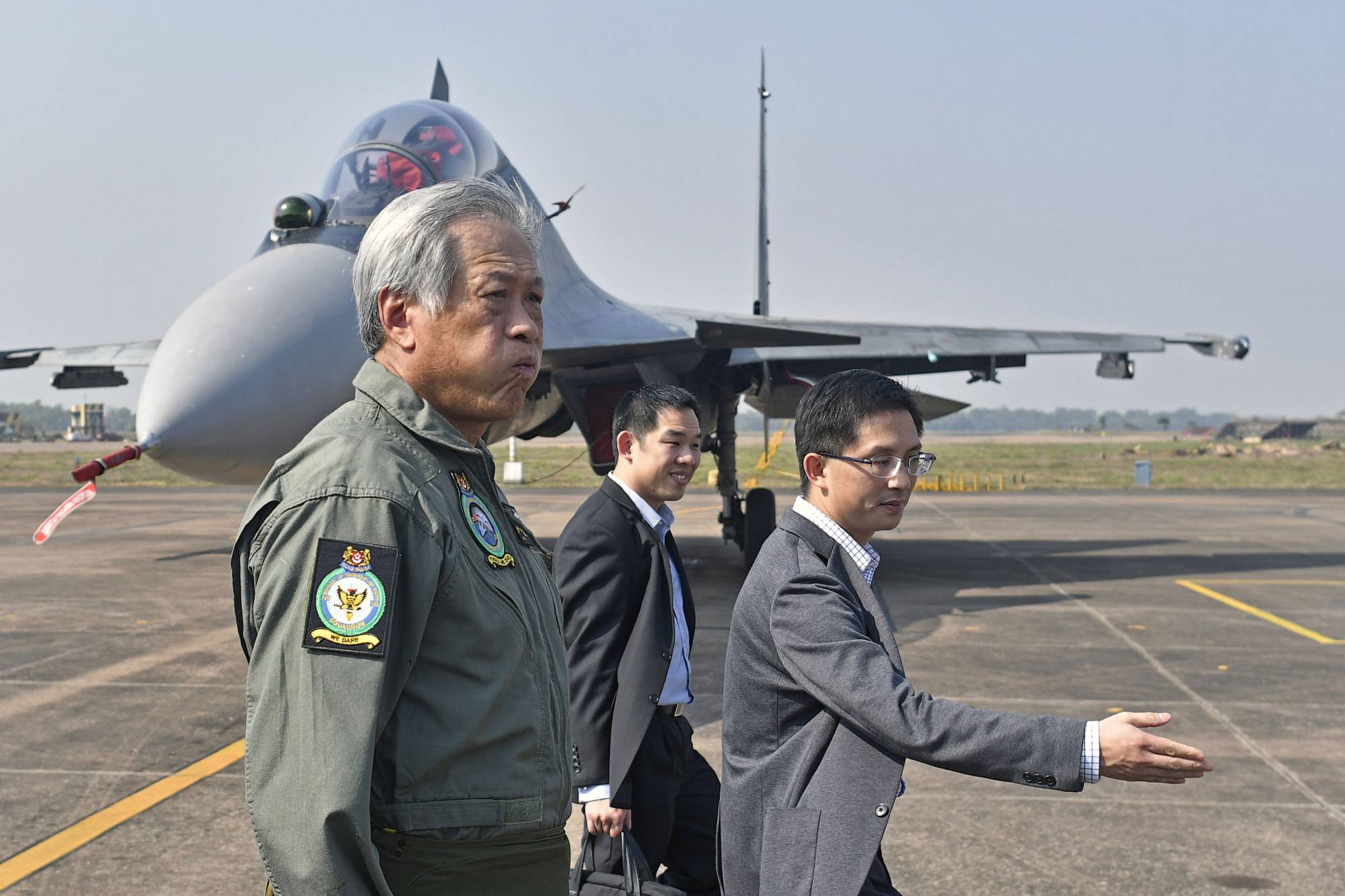With U.S.-China relations at a tipping point, Singapore Defense Minister Ng Eng Hen has called on government leaders and military commanders in the Indo-Pacific region to deepen mutual understanding and foster consensus amid growing concerns about the global consequences of a war between the two superpowers.
“The stakes have never been higher,” Ng said Wednesday during the opening ceremony of the three-day IMDEX Asia 2023 naval and maritime exhibition in Singapore.
“In my mind, the top priority for all government leaders, at least in the next decade, if not longer, is to avoid a physical conflict in Asia. ... Should that calamity ever befall us, whatever the cause and post-hoc justifications, the world, as we know it, will be radically changed and indeed impoverished,” he said.

















With your current subscription plan you can comment on stories. However, before writing your first comment, please create a display name in the Profile section of your subscriber account page.